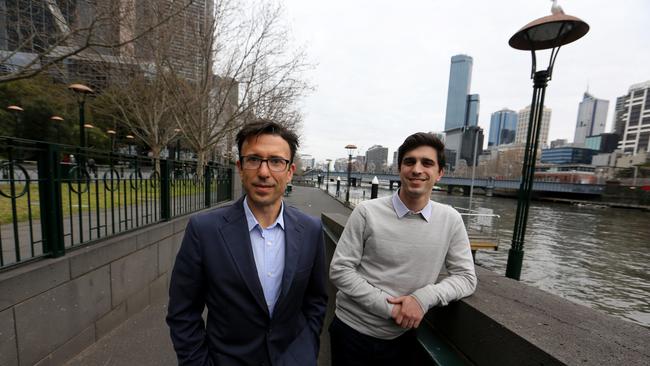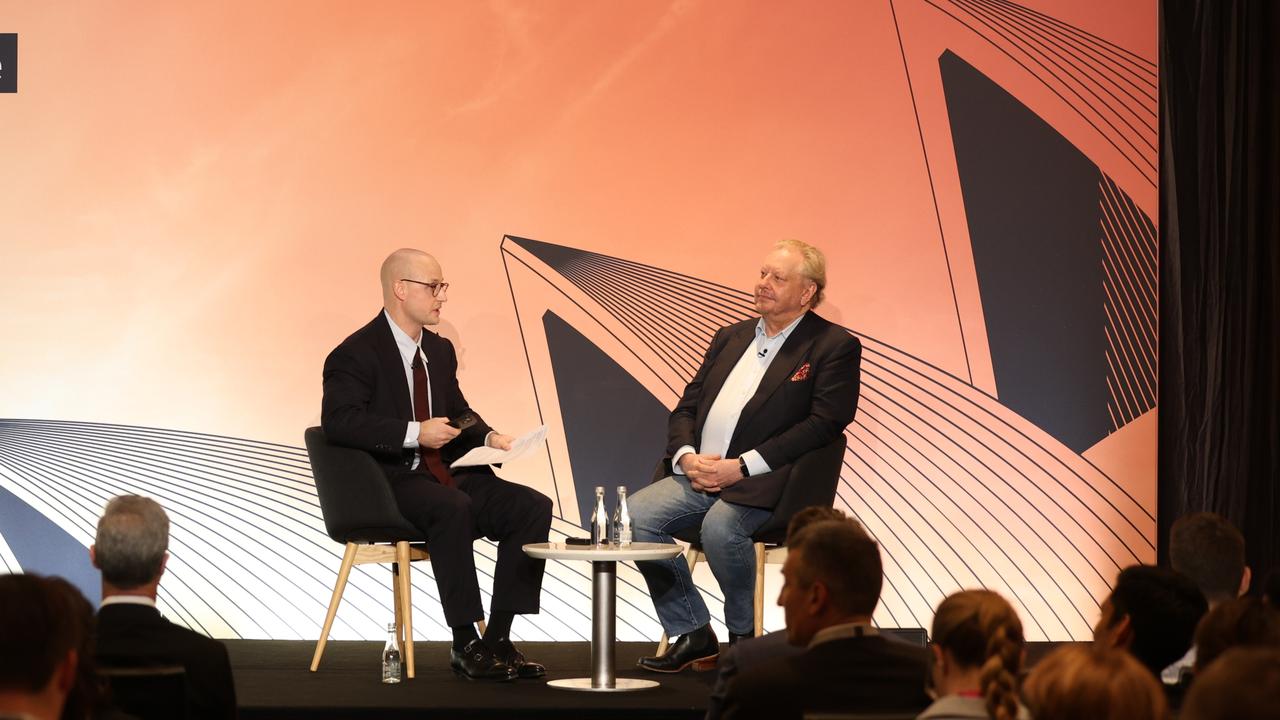Afterpay to face no further action after Austrac audit
Afterpay will face no further regulatory action after an Austrac check of its compliance with anti-money laundering laws.

Buy now, pay later market darling Afterpay says Austrac has completed an audit into the company’s compliance with anti-money laundering and counter-terrorism regulation and “will not be taking any further regulatory action”.
“We are pleased to have received Austrac’s decision following the external audit as it provides the company and its stakeholders with certainty and acknowledges the work the company has undertaken to strengthen its AML/CTF compliance,” Afterpay chair Elana Rubin said in a statement.
“The external audit provided Afterpay with the opportunity to better understand our obligations and to improve the way we manage our AML/CTF risks.
“We will use these learnings and our ongoing engagement with Austrac to continue enhancing our AML/CTF framework as the business continues to grow.”
Afterpay shares jumped on the news, to close at an all-time high of $96.09 on Wednesday, up 1.7 per cent on the day.
Austrac said in June 2019 it had “reasonable grounds” to suspect Afterpay “had contravened and/or is contravening sections 32 and 81 of the Anti-Money Laundering and Counter-Terrorism Financing (AML/CTF) Act”.
Section 32 requires companies to verify customers using their name and either address or date of birth using “reliable and independent electronic data from at least two separate data sources”, while section 81 requires companies to have an anti-money laundering and counter-terrorism finance program in place.
Last month Austrac and Westpac reached a $1.3bn settlement over more than 23 million breaches of anti-money laundering legislation, the largest corporate fine in Australian history.
It comes after a powerful Senate committee into fintech recommended last month the buy now, pay later industry be allowed to self-regulate.
Consumer advocate groups had called on the disruptive companies to be regulated like credit providers, declaring that vulnerable consumers were put at risk of spiralling into debt with the services. But the Senate committee backed the BNPL’s own code of practice, in which the companies have committed to safeguards such as capping late fees, and agreeing to never initiating bankruptcy procedures.
“Because innovation like BNPL often occurs on the fringes of regulation, it is inappropriate to force each innovation into a one size fits all approach,” the report reads.
“Industry self-regulation provides an initial framework to protect innovation which can later be backed up by a policy statement or a form of co-regulation (collaboration between industry and government).”
Afterpay also announced on Wednesday it was adding in-store payment options to physical stores across the US.
“Shoppers can use Afterpay to buy items in select retail stores using their Afterpay card, a virtual, contactless card stored in their digital wallet,” a company spokesman said in a statement.
“Just like using Afterpay online, customers can pay for their in-store purchases in four instalment payments, without the need to take out a traditional loan or pay upfront fees or interest. Shoppers can use the Afterpay they know and love, with the added benefit of taking home their purchase that very same day.”



To join the conversation, please log in. Don't have an account? Register
Join the conversation, you are commenting as Logout